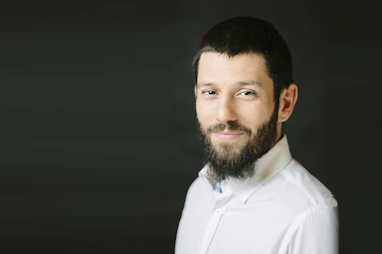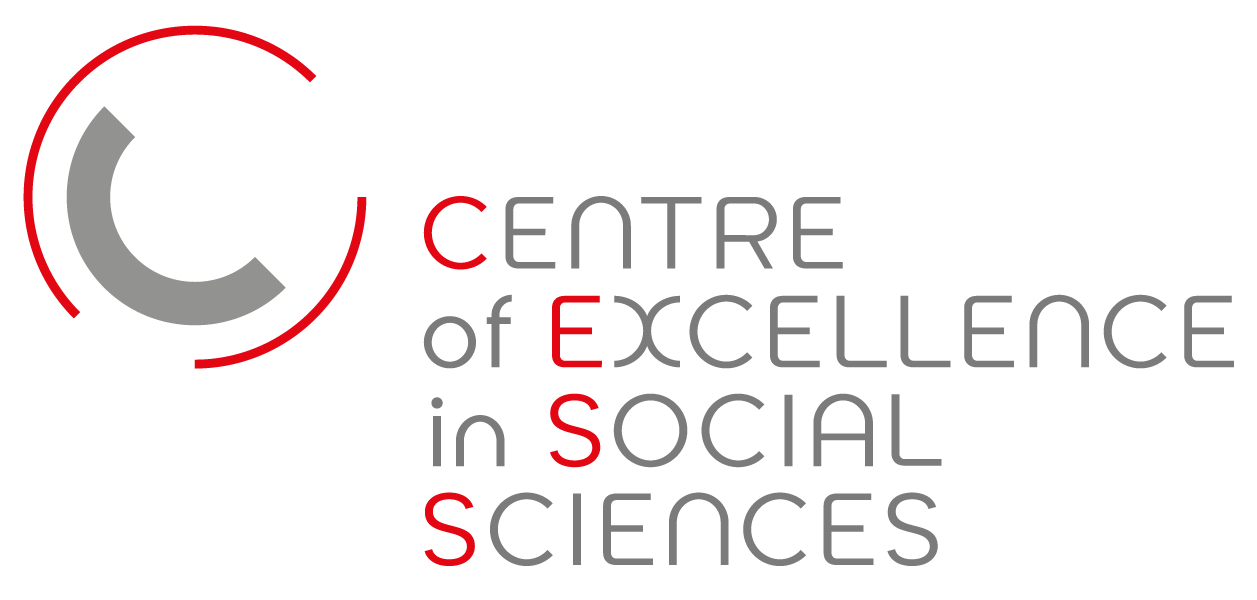Dr. Mikołaj Winiewski’s project, funded in the competition for research projects at CESS

26 01 2024
The project by Dr. Mikołaj Winiewski from the Faculty of Psychology, “Auschwitz jokes – humor as a tool for expressing prejudice or protection against trauma”, was funded in the competition for research projects at the Centre of Excellence in Social Sciences.
The project received funding in the amount of 80,000.00 PLN.
Project description: Let us ask ourselves several questions. Is it a sign of disrespect if one laughs while visiting a death camp? Is joke-telling about the Holocaust an expression of anti-Semitism? It is likely that the first answer that comes to mind will be “yes”. However, it is worth considering where reactions like that come from when people are confronted by something as inconceivable as planned, systematic genocide and physical proof of it. Research into humour shows that on the one hand, jokes might be an expression of prejudice; they may also be a signal to members of a privileged group that a certain group is lower in the hierarchy, and thus comprise a form of constructing that group’s identity.
At the same time, it has repeatedly occurred that jokes of this kind are more socially accepted than direct expressions of prejudice. On the other hand, many studies have shown that a sense of humour is one of the most effective ways of coping with stress. People who have jobs that involve frequent encounters with traumatic events (such as firefighters, EMTs, or journalists) may distance themselves from tragic encounters by turning them into a joke, and it helps them function psychologically.
The current project concerns so-called “sick humour” in the interaction of these two aspects. People visiting memorial grounds or museums presenting drastic stories may experience secondary traumatisation — a form of emotional stress which is of a similar character to what those affected by trauma have experienced. Preliminary research which we have carried out at the Auschwitz-Birkenau Museum have shown that “inappropriate” behaviours, among them jokes and laughter, are common occurrences. Our objective is to explain how and to what extent this is due to defence mechanisms — namely, to what degree those behaviours are associated with prejudices and if there is any connection between these two phenomena.

